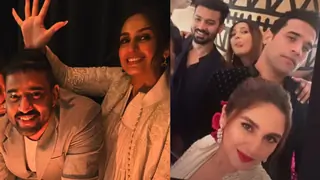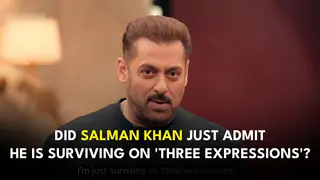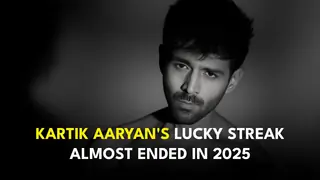Shantanu Datta
For Hancock and Shorter, jazz is about thinking out of the box MILES DAVIS, the man with the horn, it is said, had an incredible ear for talent. So one time when a greenhorn playing at a night club reverentially stood beside him and mustered the courage to ask how he liked his playing, the all-time guru of jazz drew him close and whispered in that rasping voice of his: do you talk like that to your girlfriend? We will never know if that poor sod got it or not. But for those who know him well enough to decipher his talk, like for instance Herbie Hancock and Wayne Shorter, it was the master's way of communicating a feeling. Jazz was that to him and to those who played with him. And if you got it you were with him. So on a windy night in Mumbai by the bay, when Hancock worked his dexterous fingers to knock down a few chords on the grand piano, and Shorter matched them with soundscapes on his saxophone, there was awe. Two men, masters both, making music that opened up visions of a walk in heaven with jazz for accompaniment. Both were handpicked by Miles and have played with him in many of his stellar albums: ESP, Nefertiti, Sorcerer, In A Silent Way and Bitches Brew. If all of these and more from Miles' oeuvre went on to change the world of jazz music forever, it is because the musicians who played in them had only one calling: to think out of the box. And ever since, Shorter and Hancock have been the foremost exponents of that Miles Legacy. A legacy that talks of moving forward. "The result is that the palette of choices for me is a large one," explains Hancock. "And I have constantly tried to encourage others to look at a large palette instead of the one that has been given to you."
At the recent Mumbai and New Delhi concerts, there was the other obvious Miles Legacy at play.Young, talented musicians of the Thelonious Monk Institue of Jazz accompanying the maestros, who also double up as their teachers as artistes-in-residence. So if you happen to have enjoyed the drummer, the sax player and the Bob Marley look-alike double bassist as most of us did, don't be surprised if you find their names on album sleeves next year. For that's what talent spotting is all about. And in the end, jazz demands oodles of it



















